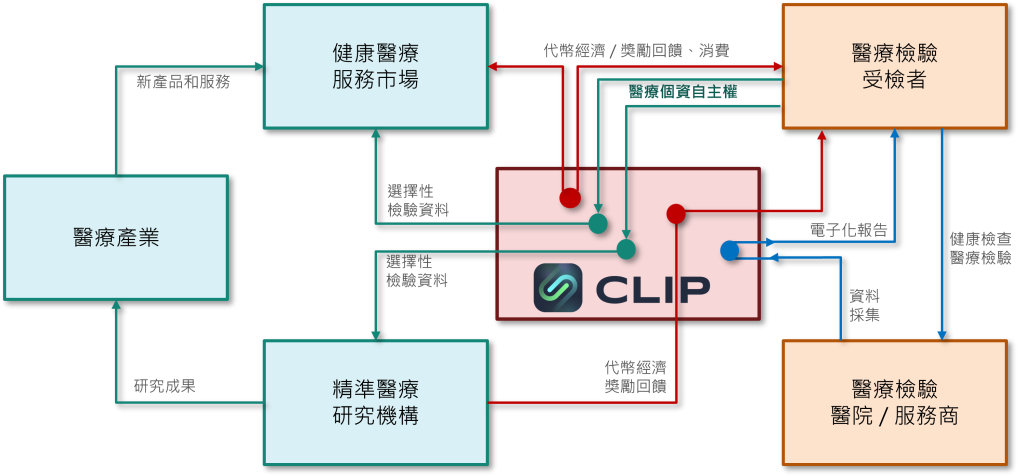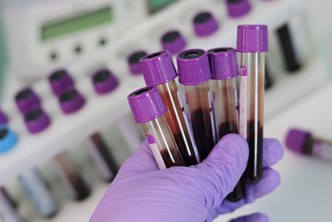Autonomous control of medical privacy information
 |
| Manage the life cycle of medical data to promote precision medical research. |
.Medical privacy protection.
.Digitize health reports.
.Crypto incentives to patients.
.Enhancing precision medical care.

Autonomy of Personal Medical Privacy
Whether health check-ups, medical tests, or genetic sequencing, these test records are the most private information to an individual. Besides being used for medical advice, this information is also very useful for medical research and is therefore very valuable commercially. People have never been the custodians of their own medical data, that makes their autonomy over medical privacy very low. Now, using verifiable credential technology, people can regain control of their personal medical privacy.”

Mobilize Digital Medical Records
Patients’ medical records may be stored in the hospital’s central database, but data from health check-ups are kept at independent medical labs and difficult to be accessed across institutions. The health check-up data on paper is only available in the patient’s possession, making it difficult to utilize. CLIP enables individuals to keep digitized medical records from the labs and selectively disclose required information to doctors and researchers.

Incentives to Individuals When Providing Medical Data
Based on Web 2.0 mechanism, personal information was controlled centrally, and the value of information hardly benefits individuals; but the central control organization can profit from it. Medical records have extremely high value for precision medical research and their market values are growing rapidly. Using blockchain technology, individuals can selective disclose medical data for research, while at the same time receiving cryptocurrency as incentives from the industry. This may built up a positive ecosystem.

Promoting Precision Medical Research
Precision medicine is a global trend in medical development. With the rapid development of big data and AI, countries around the world are focusing on the development of precision medicine. To further discover the relationship between genes and diseases, a large amount of data that can represent the population is needed. The use of verifiable credential technology can maximize the protection of people’s medical privacy, and making precision medical research faster and more accurate.